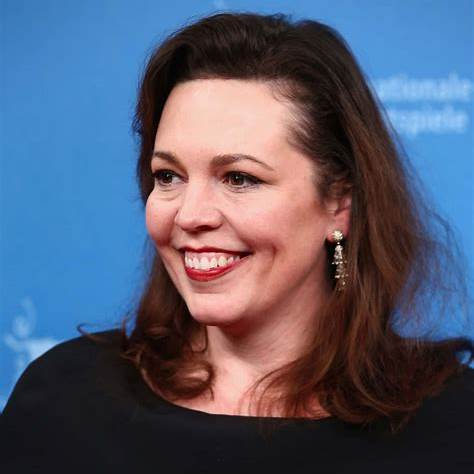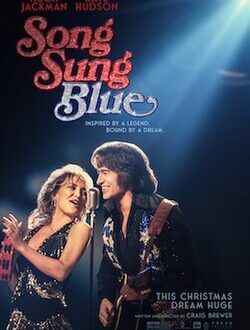Olivia Colman’s ascent in film and television reads like a masterclass in navigating both subtlety and grandeur with equal mastery. With a presence that can shift from wry humor to profound empathy in a heartbeat, she’s become one of the most celebrated actors of her generation. And yet, beneath her legendary performances lies an actor grounded not in fanfare, but in a deep devotion to character.
Born in Norwich in 1974, Olivia Colman’s early trajectory was quietly unassuming—her parents moved frequently while renovating houses, her first foray into acting was in a school production of The Prime of Miss Jean Brodie, and she later attended Bristol Old Vic Theatre School, determinedly following her love for performance rather than fame. From that foundation, she coalesced from supporting comedian into a transformative leading talent—one whose big break on the Channel 4 sitcom Peep Show gave way to rich roles in shows like Broadchurch, The Night Manager, Fleabag, and her Emmy-winning portrayal of Queen Elizabeth II in The Crown.
Her film career is equally dazzling, reflecting both range and risk. In The Favourite, she inhabits Queen Anne with a layered fury—childlike, capricious, and heartbreakingly human. The role earned her the Academy Award for Best Actress, a moment that had the audience both laughing and wiping away tears as she marveled, “This is hilarious. I’ve got an Oscar.” That moment was quintessential Colman: down-to-earth, self-deprecating, and infinitely likable. Her accolades did not stop there: she received further Oscar nominations for roles in The Father and The Lost Daughter, and her body of work has garnered Emmys, Golden Globes, BAFTAs, and even a CBE, all of them reflections of her quiet power and depth.
What continues to set her apart is her refusal to be pigeonholed. She has played comedic foils, tragic flawed mothers, haunting souls navigating grief, and regal authority figures with equal conviction. In Empire of Light, she played a cinema manager grappling with crises of faith and whimsy, and in The Mitchells vs. the Machines, she lent a voice to a warmly eccentric character—her performances consistently carrying a sincerity that brings even modest roles to vivid life.
Colman doesn’t flood the red carpet with engineered glamour. Instead, she brings a refreshing honesty, whether she’s sharing self-deprecating behind-the-scenes stories or expressing surprise at her own success. In interviews, she’s been known to quip that her agents color-code her schedule to prevent burnout—a funny contrast to the polished veneer of stardom, and a reminder that her heart remains in the craft, not the spectacle. Her humility has endeared her to co-stars and fans alike; as Yorgos Lanthimos once put it, “She can be delightfully benign and utterly grotesque at the same time,” a description that captures her uncanny ability to traverse extremes and remain grounded.
By now she is one of Britain’s definitive acting exports: tender yet tough, mischievous yet profound. She steps comfortably from indie dramas into prestige television into period epics, but the through-line of her career is always her truth—from the domestic heartbreak of Broadchurch to the biting palace intrigues of The Favourite to the chaotic emotional landscape of The Crown. Her willingness to bear vulnerability—and sometimes her own cracks—gives her performances a timeless resonance.
Watching her work is like finding a rare stone of brilliance nestled in human frailty; she doesn’t command attention with flair, but with empathy, wit, and fierce intelligence. Whether she’s cracking a joke that softens sorrow or invoking grief so subtle it breaks your heart, Colman reminds us that the most powerful performances are not about theater—they’re about connection. At a time when screen performance can often feel polished to the point of anonymity, she remains luminous: an actor who carries the weight of her roles with warmth, precision, and a deep humility that is what makes her a standout in every frame she inhabits.
In the end, Olivia Colman’s career is less about awards and accolades—though there are many—and more about the small, unforgettable moments she constructs in each role. She has made being quietly powerful feel revolutionary, and in doing so, has given audiences performances they live with long after the credits roll.




